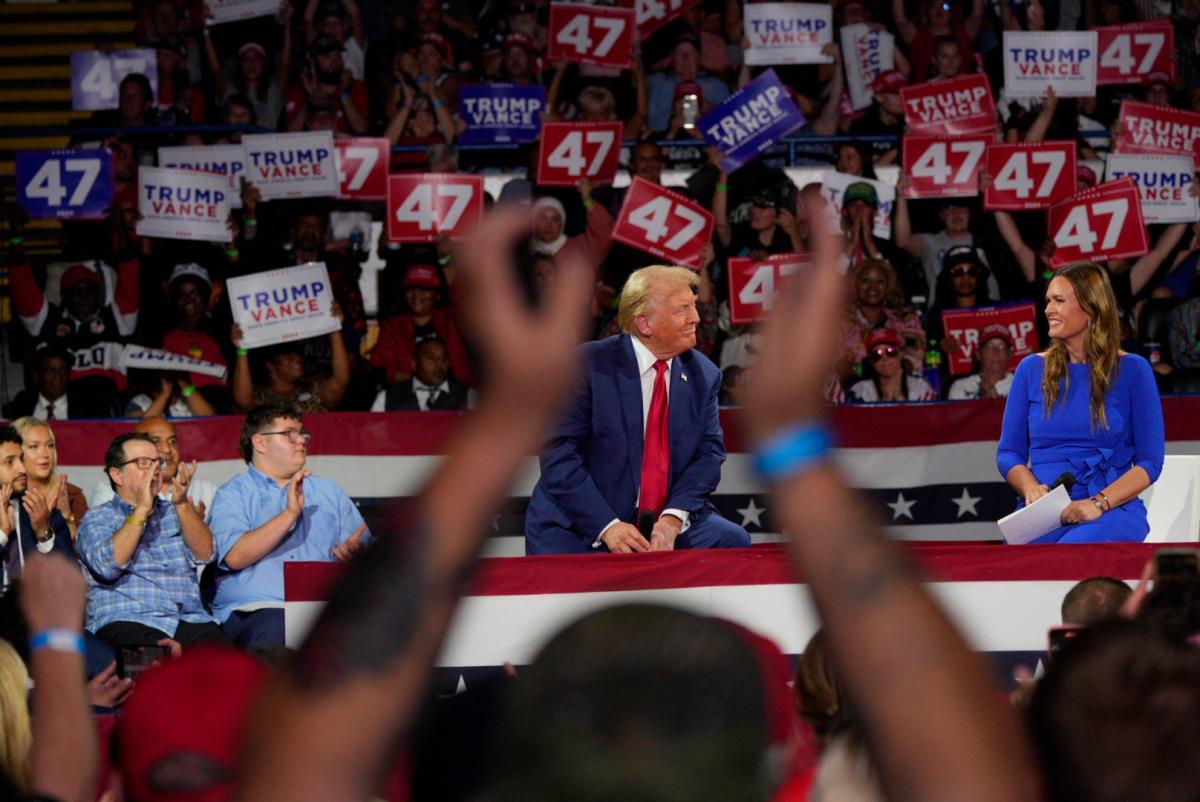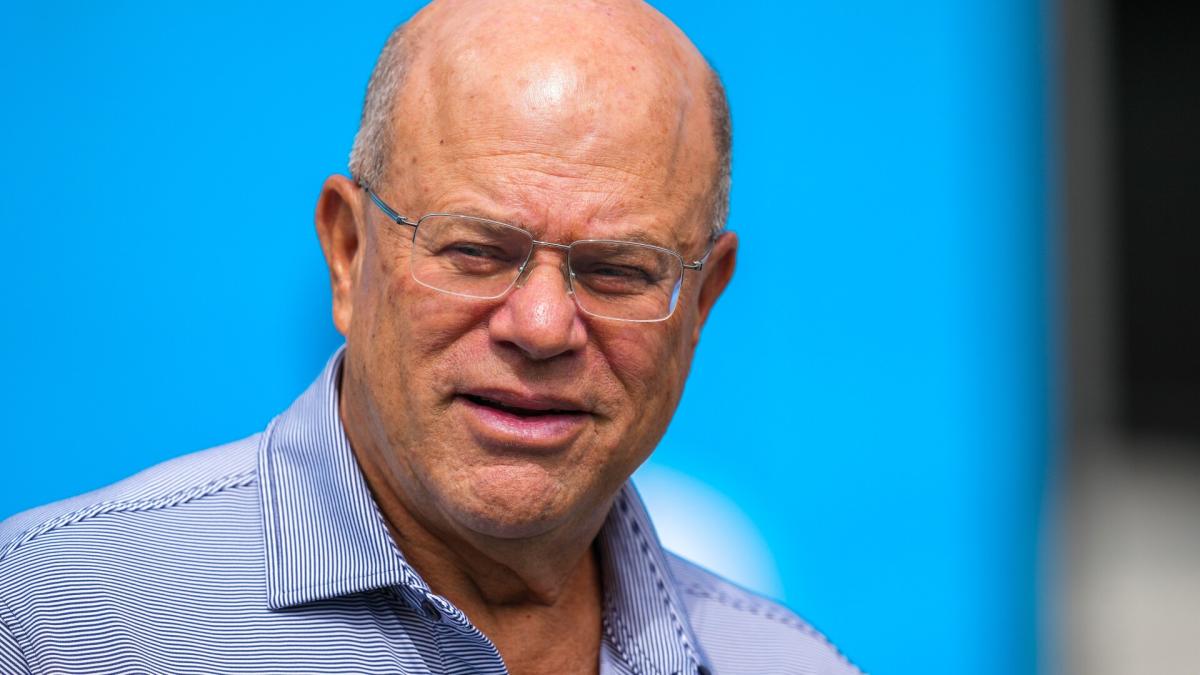Chinese state media said the “Beijing declaration”— which it hailed as a breakthrough and a sign of China’s emerging role as a peace broker in faraway conflicts — was signed by representatives of 14 Palestinian factions.
Photos from the talks showed those present included Mahmoud al-Aloul, vice chairman of the central committee of Fatah, and Moussa Abu Marzouk, a senior member of Hamas. Chinese Foreign Minister Wang Yi said that ambassadors from Egypt, Russia and Algeria also attended the meetings.
Wang called the meeting a “historic moment for the cause of Palestine’s liberation” and highlighted the “consensus around establishing an interim national reconciliation government to manage Gaza after the war” in a speech after talks had ended.
Wang restated China’s support for a “comprehensive, lasing and sustainable cease-fire” and for the convening of a large “international peace conference” to work toward a two-state solution.
GET CAUGHT UP
Stories to keep you informed
A key aspect of the larger debate over how to end the grueling nine months of fighting in the Gaza Strip is how the enclave will be governed afterward, whether through continued Israeli occupation or some form of Palestinian control — though the Israeli government has rejected any proposal featuring Hamas or the Fatah-controlled Palestinian Authority.
The statement calls for the formation of a Palestinian unity government overseeing the West Bank, Jerusalem and the Gaza Strip and eventually holding elections, for which the leaders of the factions will meet and draw up a road map.
The joint statement may be a clear diplomatic win for Beijing, but analysts were immediately skeptical about the prospects for this agreement, noting that it is only the latest in a long series of similar reconciliation deals brokered — then broken — between the two factions since the power struggle that ended in 2007 with Hamas taking control of the Gaza Strip from Fatah officials.
An earlier attempt by Beijing to broker talks between Hamas and Fatah in April concluded without a joint statement.
After decades of preferring to leave contentious diplomacy in the Middle East to the United States, China has in recent years actively cast itself as a viable peacemaker in some of the world’s most intractable hot spots.
“China’s Middle East policy is obviously different from that of the West,” said Tang Zhichao, an analyst at the Chinese Academy of Social Sciences. “There is an urgent need to reverse a lack of mediation by the international community,” brought about in part by the Western world’s geopolitical marginalization of the Palestinian issue, Tang said.
Beijing brokered a détente last year between Iran and Saudi Arabia, forcing Washington into the awkward position of applauding a major Middle East accord secured by its main geopolitical rival.
“The Middle East is not the territory of any one major power,” the Global Times, a nationalist state-run tabloid, said in an editorial published Monday. By adopting a “unique diplomatic mediation model,” Beijing has fostered a “wave of reconciliation” in the region, it said.
China has also tried to present itself as a broker in the Russia-Ukraine war, promoting a 12-point proposal for ending it.
In June, Chinese diplomats shunned Swiss-hosted talks to end the war in Ukraine, claiming that the meeting was politically motivated and pointless unless Russia was present. Beijing, alongside Brazil, instead proposed a separate agenda for reaching a negotiated settlement.
Ukrainian Foreign Minister Dmytro Kuleba will arrive in Beijing on Tuesday for talks with his Chinese counterpart, in which he hopes to enlist Chinese support to put an end to Russian aggression.

David Turner is a globe-trotting journalist who brings a global perspective to our readers. With a commitment to shedding light on international events, he explores complex geopolitical issues, offering a nuanced view of the world’s most pressing challenges.







